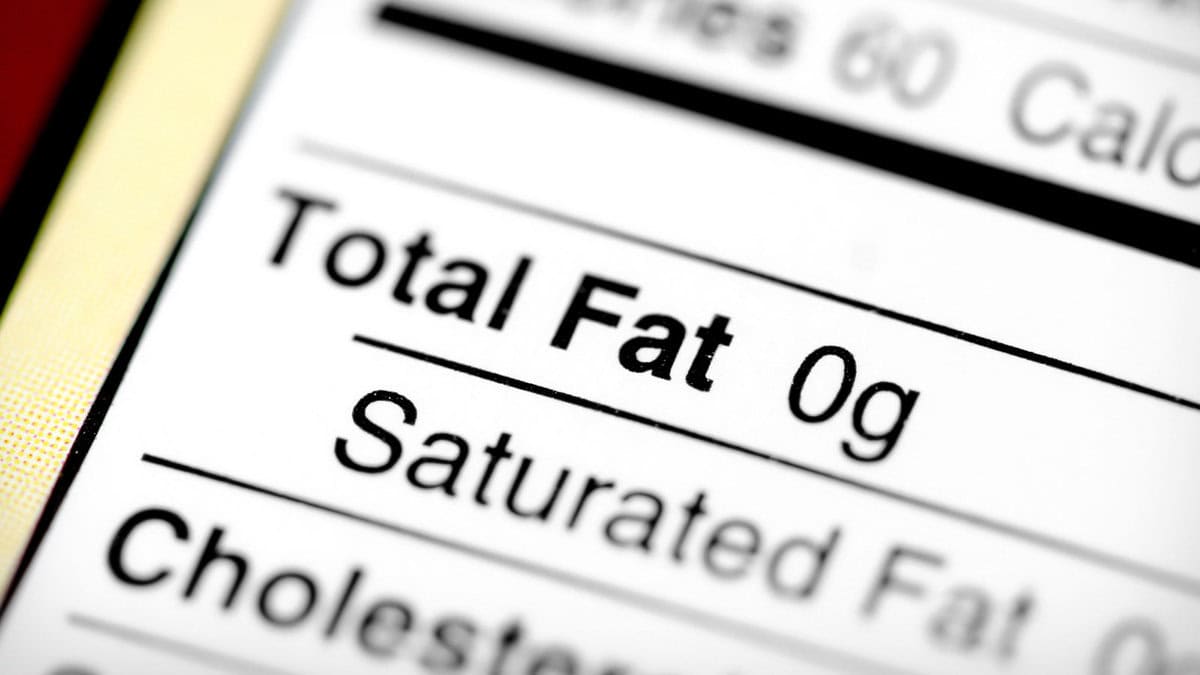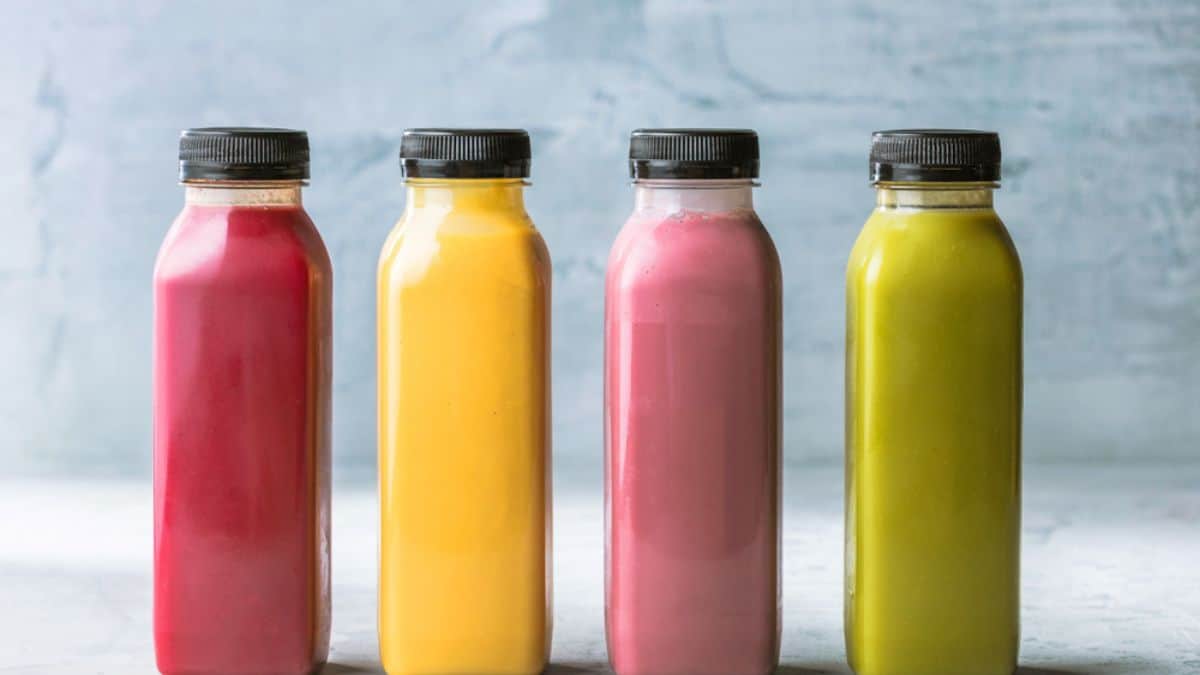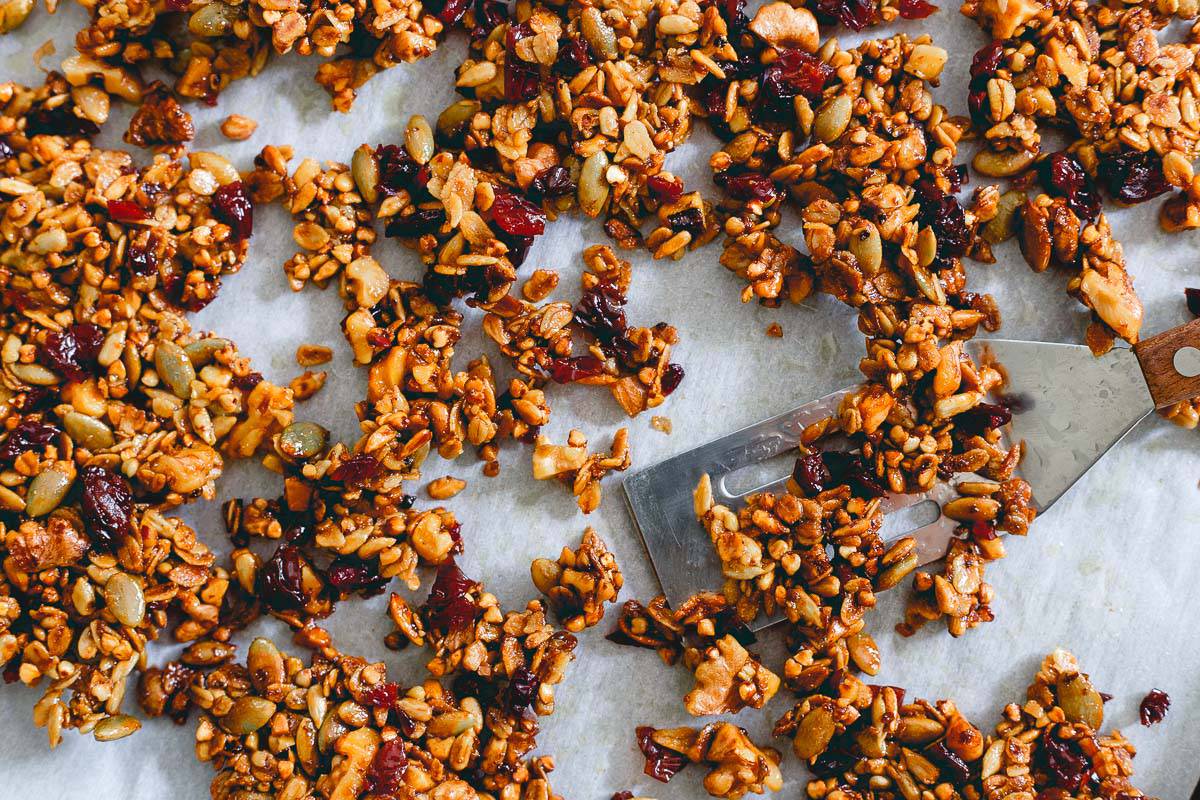Most of us have tried at least one “healthy” routine that promised big results, like cutting carbs to nothing or living on green smoothies, only to feel worse instead of better. It is easy to get swept up in trends that look smart but quietly work against you. From strict food rules to nonstop intense workouts, some habits drain energy and create stress while delivering little benefit. These patterns can turn eating and exercise into chores rather than supports for your well-being. Knowing which habits to question makes it easier to keep health goals on track without the frustration. This guide highlights the most misleading ones so you can focus on what actually helps.

Counting every calorie

Tracking every bite might seem like a smart way to stay on top of your health, but it can quickly become draining. When every meal turns into a math problem, eating stops being enjoyable and starts to feel like work. Calories alone also tell only part of the story, since 100 calories of vegetables fuels your body differently than 100 calories of sweets. Over time the stress of constant counting can overshadow the benefits and may even lead to nutrient gaps if you skip foods you think are too calorie heavy.
Living on low fat everything

Reaching for fat free or low fat foods can sound like the right move, yet many of those products are bulked up with sugar or artificial ingredients to make them taste good. Your body needs healthy fats from foods like nuts, avocados, and dairy to absorb vitamins and help you stay full. Skipping them completely can leave you hungry and more likely to overeat later. Picking whole foods with natural fats often leads to better nutrition and steadier energy than chasing every low fat label.
Going all in on intense workouts

Intense workouts can build strength and endurance, but without balance they can also leave you worn down. Muscles repair and grow during recovery, so training hard every day can actually slow progress and raise the risk of injuries or burnout. Soreness that never goes away and constant fatigue are signs your body needs a break. Mixing in moderate activity and giving yourself real rest days helps you stay strong and avoid setbacks.
Juice cleansing on repeat

A few days of juice might feel like a shortcut to better health, but it skips the fiber and balanced nutrition your body needs. Juices can spike blood sugar and leave you tired once the quick energy fades. Your liver and kidneys already do the work of clearing toxins, so there is no need to live on liquid meals that leave you light headed and hungry. A balanced plate with vegetables, whole grains, and protein supports your system far better.
Skipping meals to cut calories

Skipping meals seems like a quick fix for weight loss, but it can throw off blood sugar and lead to overeating later. Your body depends on steady fuel to stay focused and keep energy stable. Missing meals often leads to late night snacking or oversized portions at dinner. Eating regular balanced meals throughout the day helps maintain a healthy metabolism and keeps hunger under control.
Turning clean eating into a rulebook

Focusing on fresh foods is great, but making every bite meet strict “clean” standards can create stress and limit variety. This mindset can edge into orthorexia, where the search for purity crowds out important nutrients and enjoyment. A flexible approach with a mix of whole foods and the occasional treat is far more sustainable. Eating should nourish you without adding anxiety to every choice.
Replacing meals with supplements

Vitamins and powders can fill small gaps, but they cannot replace the wide range of nutrients found in whole foods. Real meals supply fiber, antioxidants, and natural compounds that work together in ways supplements cannot copy. Relying on pills and shakes can also lead to imbalances or overdoing certain nutrients. Building meals around varied foods and using supplements only as needed supports long term health better.
Drinking water nonstop

Staying hydrated is important, but forcing down water far beyond thirst can backfire. Overhydration can dilute the sodium and electrolytes your cells rely on, leading to headaches, nausea, and confusion. Your body signals when it needs more fluids. Sipping to match natural thirst and adding water rich foods like fruits and vegetables keeps hydration in balance without risk.
Cutting carbs completely

Carbs are a primary energy source and key to fueling the brain and muscles. Cutting them out entirely can leave you tired and irritable. Whole grains, fruits, and vegetables deliver fiber and vitamins that steady blood sugar and support digestion. Focusing on quality complex carbs and skipping refined ones provides the energy your body needs without the crash.
Jumping from one fad diet to another

Trendy diets promise fast results but rarely create lasting change. Constantly switching plans can cause nutrient gaps, mood swings, and quick weight regain. They also teach little about building balanced habits you can live with long term. A steadier approach with a variety of whole foods makes maintaining a healthy weight and energy level much easier.
Overanalyzing every food label

Reading labels can help you make better choices, but obsessing over every gram of sugar or fat can turn mealtime into a stressful chore. This habit can cause you to cut out foods that are perfectly fine in moderation. Learning what matters most on a label and giving yourself flexibility leads to a healthier relationship with food and more balanced eating overall.
12 Foods You Think Are Healthy But Aren’t

It’s easy to be fooled by foods that carry a healthy label but don’t live up to the hype. From snack bars packed with sugar to salads drenched in high-calorie dressing, misleading healthy foods are everywhere. We’re uncovering the top foods you might think are good for you but could actually sabotage your diet.
Read it Here: 12 Foods You Think Are Healthy But Aren’t
11 ‘Healthy’ Cooking Oils That Are Terrible for You

We all try to make healthier choices, and cooking oils are no exception. But not all oils are as good for you as they seem. Some popular “healthy” options can actually do more harm than good. Here’s a rundown of some cooking oils that might not be as beneficial as you think. Try swapping some of these out for healthier alternatives like olive oil, coconut oil and avocado oil instead.
Read it Here: 11 ‘Healthy’ Cooking Oils That Are Terrible for You
*Select images provided by Depositphotos.
Gina Matsoukas is an AP syndicated writer. She is the founder, photographer and recipe developer of Running to the Kitchen — a food website focused on providing healthy, wholesome recipes using fresh and seasonal ingredients. Her work has been featured in numerous media outlets both digital and print, including MSN, Huffington post, Buzzfeed, Women’s Health and Food Network.








